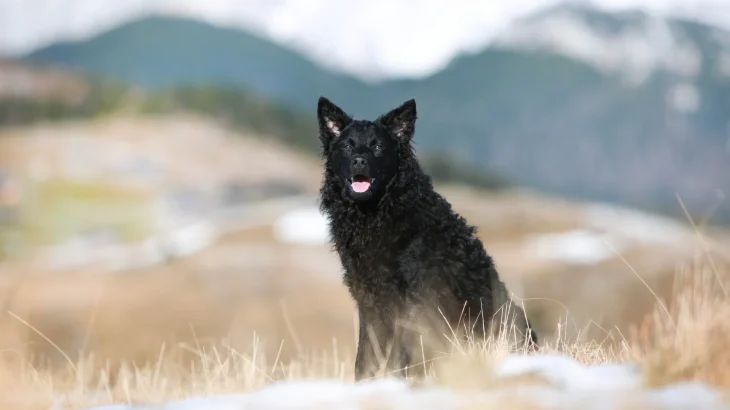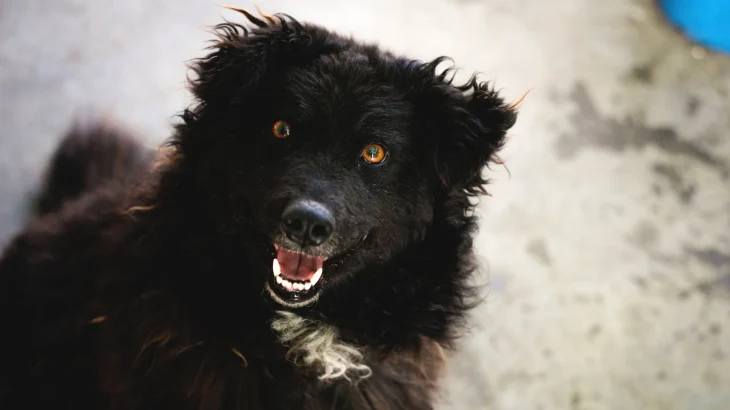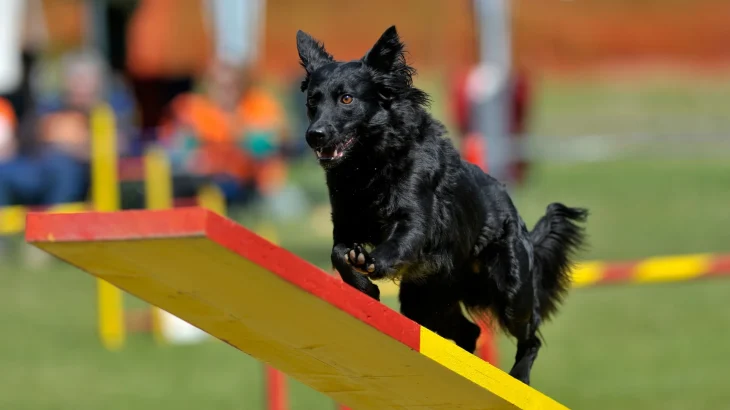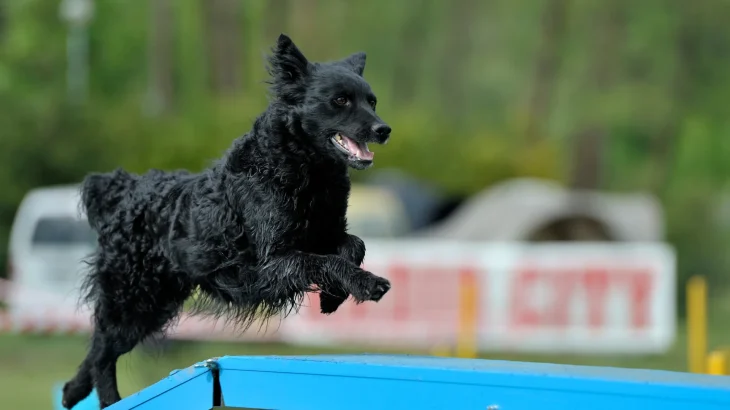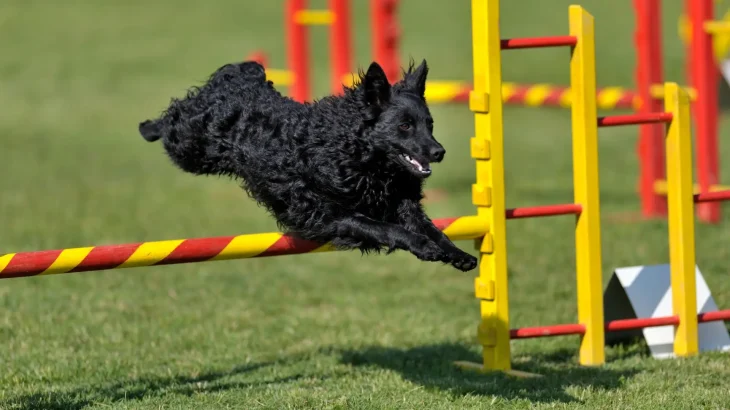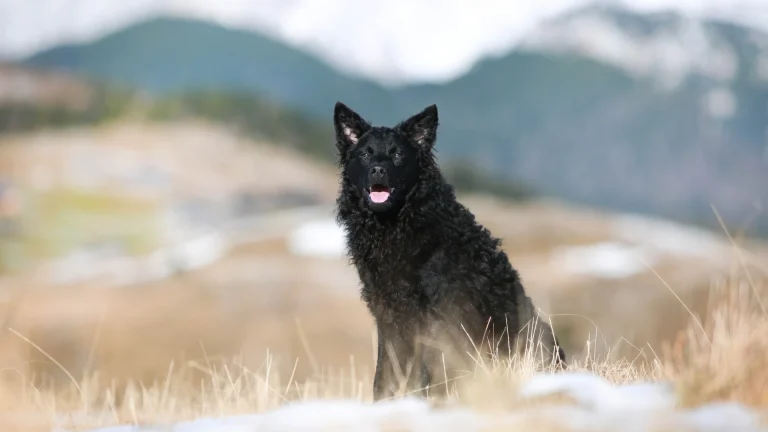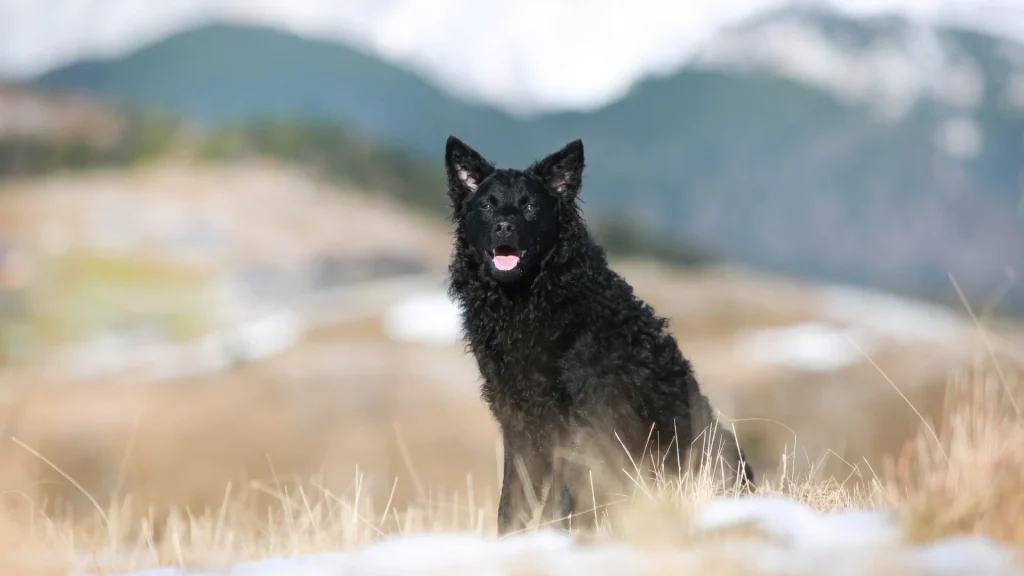Choosing between adopting or purchasing a Croatian Sheepdog puppy involves weighing cost, health assurance, and support. Buying from a breeder often provides clearer health histories and pedigrees, while adoption gives a chance to offer a home to a dog in need, sometimes at a lower cost.
| Criteria | Buying from Breeder | Adopting from Shelter/Rescue |
|---|---|---|
| Cost | Usually higher due to breed purity and breeder expenses. | Lower fees, making it more affordable. |
| Health History | Detailed records and genetic screenings provided. | Health history may be limited or unknown. |
| Age Availability | Typically puppies, allowing early bonding and training. | Varied ages, including adults. |
| Temperament Insight | Breeders share lineage temperament and socialization info. | Shelter staff report observed behavior; background may be unclear. |
| Supporting Practices | Supports responsible breeding focused on breed standards. | Supports animal welfare by giving a dog a second chance. |
| Breed Purity & Pedigree | Guarantees breed purity and often pedigree documentation. | Breed purity uncertain; pedigree usually not provided. |

